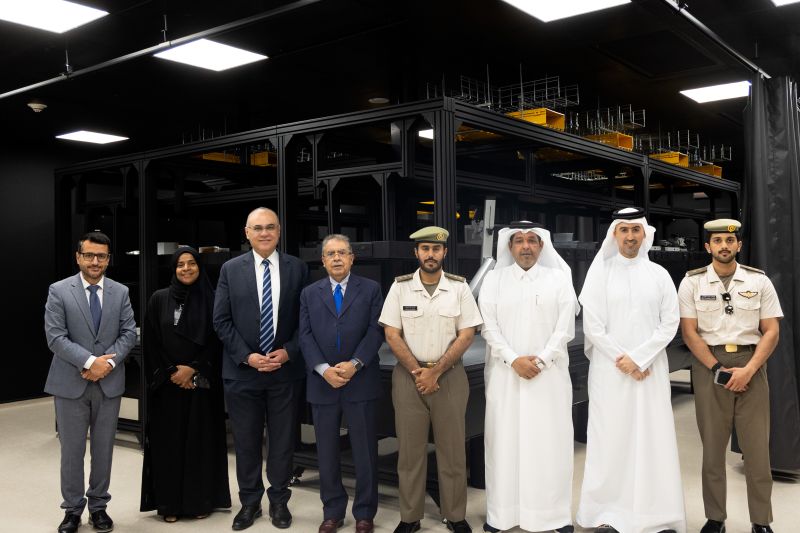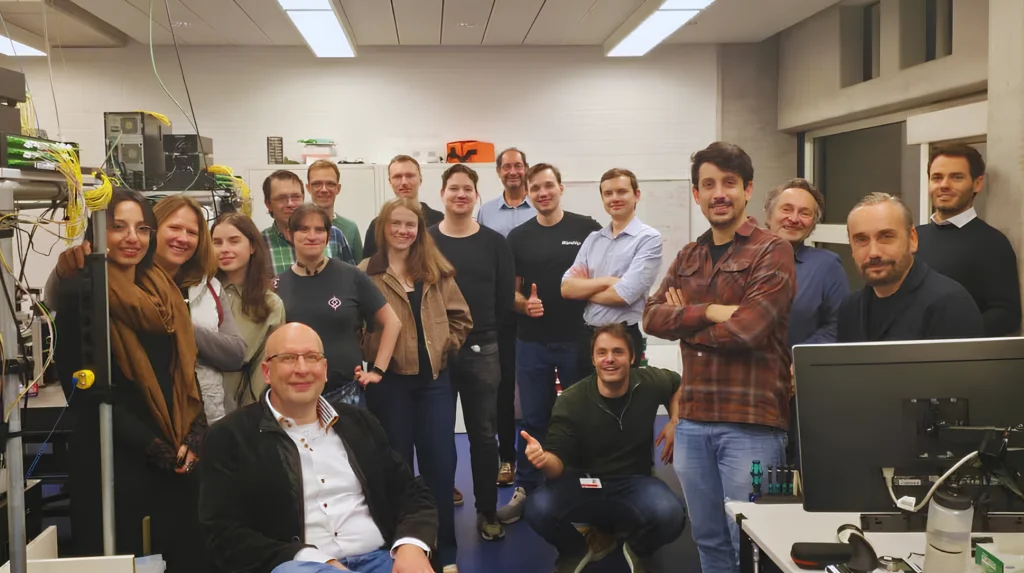Insider Brief:
- Hamad Bin Khalifa University launched Qatar’s first quantum computing lab under the Qatar Center for Quantum Computing, supported by a $10 million grant from the Ministry of Defence.
- The lab will focus on applied research in quantum algorithms, error correction, cryptography, and hardware benchmarking to advance quantum information science.
- Led by Dr. Saif Al-Kuwari, the lab is intended to develop local expertise and support national applications in sectors such as energy, cybersecurity, and transportation.
Hamad Bin Khalifa University has formally launched Qatar’s first quantum computing laboratory according to a recent post from HBKU College of Science and Engineering. The facility was established under the Qatar Center for Quantum Computing, a national research initiative housed within HBKU’s College of Science and Engineering. The lab is supported by a $10 million research grant from Qatar’s Ministry of Defence, which has identified sovereign quantum capabilities as a strategic priority for the country.
The launch ceremony was attended by HBKU Vice President for Research Dr. Eyad Masad, HBKU Vice President for Finance and Administration Eng. Hamad Mohammed Al-Kuwari, Dean of the College of Science and Engineering Dr. Mounir Hamdi, and representatives from the MOD.
The initiative reflects growing government support for technology infrastructure in Qatar and centers the lab as a notable step forward in the nation’s long-term R&D strategy.

Research Focus and Technical Scope
As noted in the LinkedIn post, the laboratory will support applied research in several core areas of quantum information science. These include quantum algorithms and software, error correction, cryptography, and benchmarking of hardware platforms.
Quantum algorithms refer to problem-solving routines optimized for execution on quantum processors. The lab’s work in this area will likely involve the development and adaptation of algorithms for near-term devices with limited qubit counts and gate fidelities.
Efforts in quantum error correction will address the challenge of maintaining qubit coherence by encoding logical qubits across multiple physical qubits. This remains a foundational requirement for scaling quantum systems and achieving fault tolerance.
The cryptography and secure communications stream may explore both quantum-safe protocols,designed to resist quantum attacks on classical systems, and quantum key distribution, which uses quantum states for secure information exchange.
Benchmarking efforts will likely assess the performance of available quantum hardware platforms, comparing metrics such as gate fidelity, coherence time, and circuit depth across different quantum technologies.
National Objectives and Leadership
The laboratory is led by Dr. Saif Al-Kuwari, Associate Professor at HBKU CSE and Director of QC2. Under his leadership, the lab will also contribute to national efforts to build local expertise, train researchers, and integrate quantum capabilities into sectors such as energy, cybersecurity, logistics, and transportation.
Aligned with QC2’s broader mission, the lab will provide Qatar with tools, talent, and partnerships necessary to support both national priorities and regional scientific leadership.















